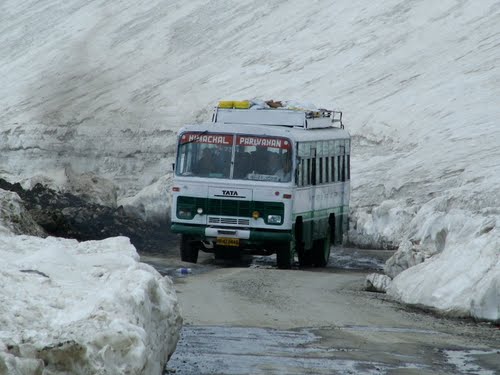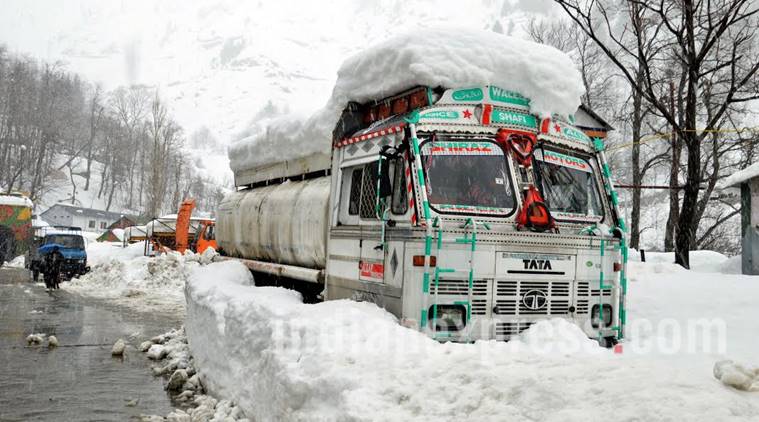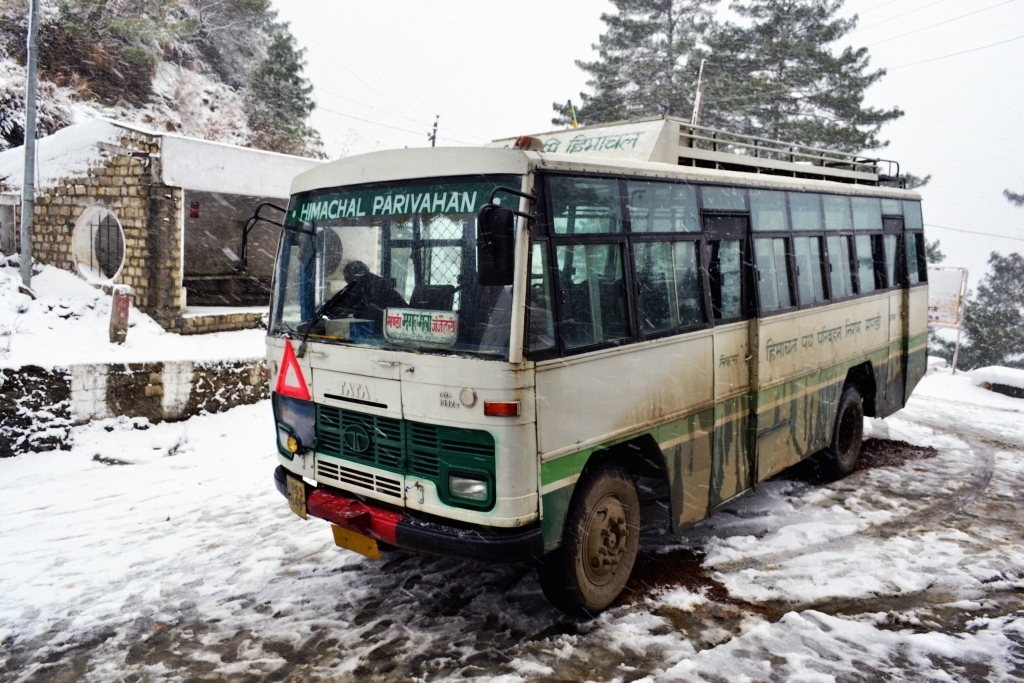How Can We Drive Safely in Extreme Winter Weather?
Over 450,000 injury crashes occur annually in adverse weather conditions on slick pavement, according to the US Department of Transportation. Get advice on how to prepared for and stay safe when driving in various weather conditions.
Get a complete tune-up prior to the onset of winter season, paying special attention to:
- Check the air, fuel and emission filters, and the PCV valve.
- Check the battery.
- Checking antifreeze levels and the freeze line.
Add this additional equipment in your trunk:
- Shovel
- Tow and tire chains
- Bag of salt or cat litter
- Tool kit
- Ice scraper and snow brush
- Items to keep you warm such as heavy woolen mittens, socks, a cap and blankets.
Be Prepared If You Become Stranded:
- Do not leave your car unless you know exactly where you are, how far it is to possible help, and are certain you will improve your situation.
- If you are sure the car’s exhaust pipe is not blocked, run the engine and heater for about 10 minutes every hour or so depending upon the amount of gas in the tank.
- Keep at least one window open slightly. Heavy snow and ice can seal a car shut.
- Eat a hard candy to keep your mouth moist.
Rain
- Change windshield wiper blades at least twice a year or every 6,000 miles.
- Nothing is more important when driving in rain than having a good set of wiper blades.
- Spray a good rain repellant on your windshield before driving to help provide a clear view.
- Check your tires regularly for visible signs of wear or damage.
- Don’t use cruise control or overdrive on wet roads.

Flash floods
- “Turnaround, Don’t drown”; if you don’t know the depth of water before crossing.
- Abandon stalled vehicles immediately and seek higher ground.
Tornadoes
- Never try and out drive a Tornado.
- Leave your vehicle, and go to a concrete shelter.
- If there is no shelter nearby, lie flat in the nearest ditch with your hands shielding your head.
- Be alert for rapidly rising waters in the ditch.
- Do not seek refuge in an overpass where winds can be magnified.

Hurricanes
- Prepare an evacuation plan. Know where you will go and research several alternate routes before a hurricane threatens.
- Have current maps on hand.
- Alert friends and family members of your route and destination.
- Fill your gas tank before the storm ”“ power outages will shut down gas stations.

Heat
- Check your tire pressure often with a gauge, especially on long trips.
- Measure when the tires are cold, before you drive on them.
- Never leave your child (or pet) unattended in a vehicle, even with the windows down.
- On hot days, the temperature inside vehicles can climb rapidly and may exceed 100 degrees.
- Be very careful with children and pets-even when you’re at home and the car is parked.
- Check child seating surfaces and safety belt buckles to prevent burning when securing your child in a safety seat in a car that has been parked in the heat.
- Use car shades to shade seats (and steering wheel) of your parked car.
- Flush & refill your cooling system to prevent overheating as recommended in your owner’s manual.
- Check the level, condition, and concentration of the coolant periodically.
- Never remove the radiator cap until the engine has thoroughly cooled.
- Have a professional check the tightness and condition of drive belts, clamps, and hoses.
Earthquakes
- Do not stop on or under overpasses or bridges.
- Remain in your car until the shaking stops. (Keep in mind that aftershocks follow the initial earthquake.)
- If driving on the freeway, and if it’s safe to do so, exit at the first opportunity.


















